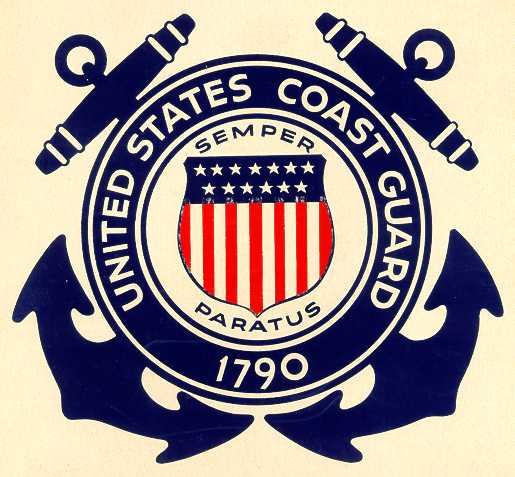NORTH CAROLINA
A federal jury convicted Oceanic Illsabe Limited, Oceanfleet Shipping Limited and two of their employees for dumping oil sludge into the ocean, officials announced Friday.

A federal jury in Greenville, North Carolina, has convicted Oceanic Illsabe Limited, Oceanfleet Shipping Limited and two of their employees of violating the Act to Prevent Pollution from Ships (APPS).
The evidence presented to the jury showed that in June 2015, the vessel discharged around ten tons of sludge into the ocean. The vessel was also regularly pumping contaminated water directly overboard. None of these discharges were disclosed as required.
During a nine-day trial, the evidence indicated that the companies were aware that the ship had not offloaded any oil sludge from the vessel since September 2014 and that the ship rarely used its oil-water separator.
Instead, the vessel’s second engineer, Samson, ordered crew members to connect what is known in the industry as a “magic pipe” to bypass the vessel’s oil-water separator and pump oil sludge overboard.
In addition, crew members were ordered to pump oily water from the vessel’s bilges directly into the ocean up to several times per week. The dumping occurred with the knowledge and approval of the ship’s chief engineer, Ignacio. Finally, the engineers used a tank designated for oily wastes to store diesel fuel for sale on the black market.
Upon arriving at the Port of Wilmington, Oceanic, Oceanfleet, Ignacio and Samson attempted to hide these discharges by presenting a false and fictitious oil record book to U.S. Coast Guard inspectors.
When inspectors uncovered evidence of dumping, the defendants ordered lower-level crew members to lie to Coast Guard personnel. Samson also made several false statements to a Coast Guard inspector regarding the bypass of the oil-water separator, according to officials.
International and U.S. law require that these vessels use pollution prevention equipment, known as an oil-water separator, to prevent the discharge of these materials.
Should any overboard discharges occur, they must be documented in an oil record book, a log that is regularly inspected by the U.S. Coast Guard.
“While the vast majority of vessel owners, operators, and crews who do business in the United States follow our environmental laws, every year, a few unscrupulous commercial mariners obstruct justice in an attempt to hide from the Coast Guard the intentional discharge of large quantities of pollutants into the oceans,” said Rear Admiral Meredith Austin, commander of the Fifth Coast Guard District. “Coast Guard Marine Inspectors and the Coast Guard Investigative Service, in concert with the Department of Justice, will continue to aggressively investigate and prosecute those who do this.”
The defendants Oceanic and Oceanfleet were convicted of one count of conspiracy, one count of violating APPS, two counts of obstruction of justice, one count of false statements and four counts of witness tampering.
Ignacio was convicted of one count of conspiracy, one count of violating APPS, one count of obstruction of justice and two counts of witness tampering.
Samson was convicted of one count of conspiracy, one count of violating APPS, two counts of obstruction of justice, one count of false statements and three counts of witness tampering.
The companies could be fined up to $500,000 per count, in addition to other possible penalties. Ignacio and Samson are facing up to 20 years in prison for the obstruction of justice charges, according to authorities.

